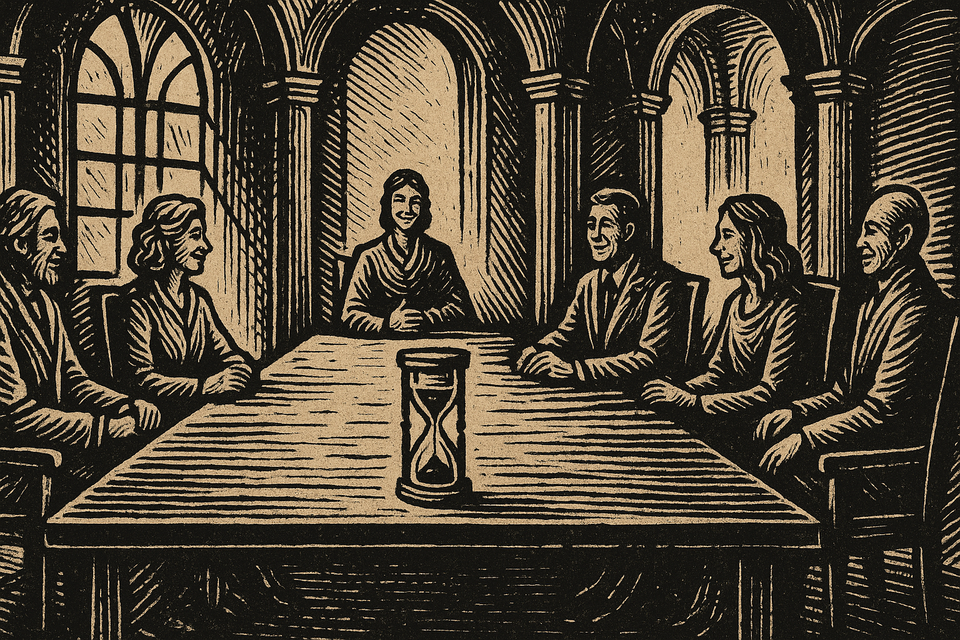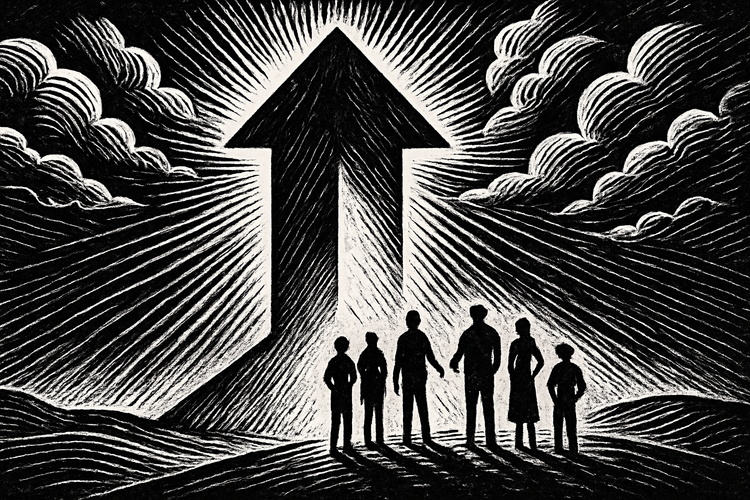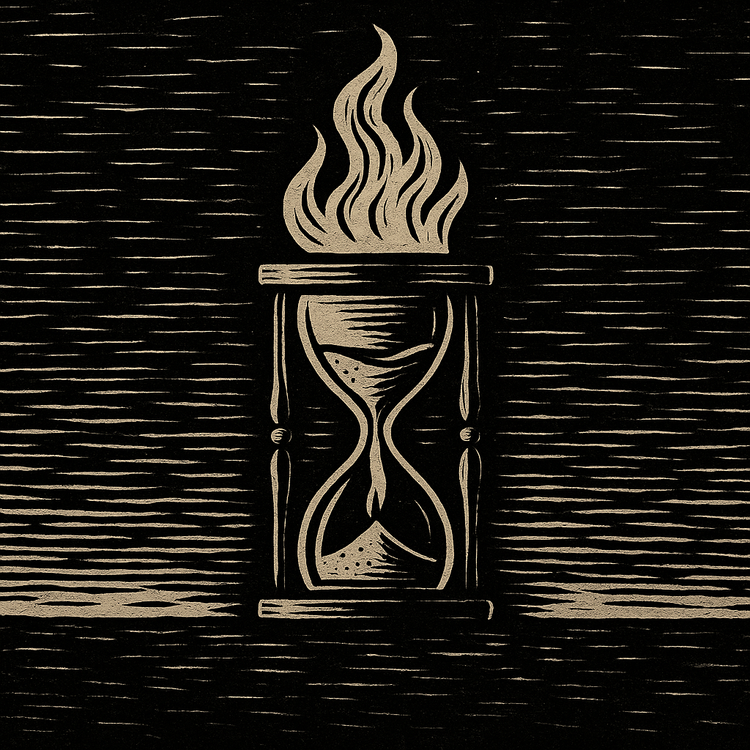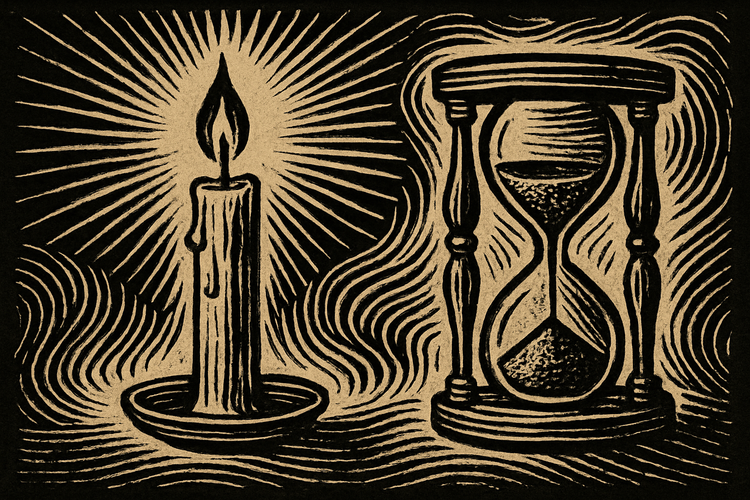The Good Place S3E10 "The Book of Dougs"

Spoiler Warning: This reflection contains full spoilers for The Good Place, including retrospective insights and thematic allusions. It assumes familiarity with the entire series and is written from the perspective of a rewatch.
Goodness in Gridlock
The Good Place Committee greets Michael with smiles, courtesy, and a level of procedural caution that borders on parody. Every decision is framed as an act of fairness, every delay justified in the name of thoroughness — yet the result is paralysis. It will take them 400 years just to form an investigation team, a timeline so absurd it becomes a punchline and a warning. In this vision of the afterlife, “good” power is so afraid of causing harm that it becomes incapable of preventing it, mistaking inaction for virtue while the world it’s meant to protect quietly falls apart.
Too Nice to Notice
Even outside the Committee’s chambers, the same overextended kindness shows up in smaller ways. The Good Place postwoman, unfailingly pleasant and eager to help, is also so trusting that she becomes easy to manipulate. Her warmth is genuine, but without discernment it leaves her open to deception — a sweetness that, unchecked, becomes a liability. In her own way, she mirrors the Committee’s flaw: the belief that good intentions alone will shield you from the consequences of naivety.
The Price of Doing Nothing
That flaw takes on sharper stakes in the Accountant’s revelation about point totals. Over centuries, well-intentioned human actions have been quietly eroded by layers of unintended consequences, each one dragging scores lower. Buying a flower means supporting exploitative supply chains; giving a gift means contributing to environmental harm. The system records every ripple, but the Committee’s refusal to act leaves those ripples unchecked. Doing nothing doesn’t keep anyone safe — it just ensures the harm compounds while the “good” authority debates its next step.
Choosing Action Over Perfection
Against the backdrop of celestial gridlock, the humans’ choices feel refreshingly direct. Jason, still carrying the awkwardness of having seen into Janet’s private life in the void, tells her plainly that he wants to talk about it — an act of care that risks discomfort but moves the relationship forward. Chidi and Eleanor, meanwhile, stop circling their feelings and finally take the leap into intimacy. Neither moment is perfect or carefully optimized, but both show a willingness to act when something matters. It’s the opposite of the Committee’s paralysis: imperfect action over immaculate inaction.
The Most Dangerous Choice
The Book of Dougs frames the Good Place Committee’s inaction as more than comic exaggeration — it’s a cautionary tale. Goodness that fears imperfection becomes indistinguishable from indifference, and power that never risks harm can never prevent it. Whether in the scale of cosmic justice or the intimacy of personal relationships, the episode suggests that real good often requires urgency, risk, and the willingness to act before every consequence is mapped. In a universe this complex, waiting for certainty may be the most dangerous choice of all.



Comments ()